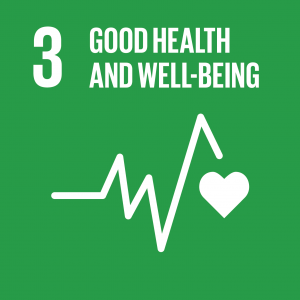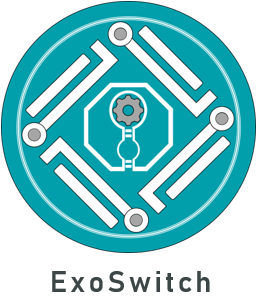ExoSwitch – liquid biopsy for early cancer screening
Cancer diagnostics are not good enough
Cancer is one of the leading causes of death in the World. Cancer emerges when healthy cells acquire new properties from accumulating mutations, which drive the tumour growth. Thus, cancer is now broadly accepted to be a disease of the genome. Tissue sample biopsy is the current gold standard for cancer diagnosis, as it allows clinicians to closely analyse the suspected tumour. However, this strategy holds numerous drawbacks.
Biopsy is an invasive and oftentimes painful procedure, and the tissue sampling can be impossible for the less accessible organs, such as the brain. Furthermore, conventional biopsy requires locating the suspicious growth, and during the early-stage asymptomatic disease most of the tumour discoveries are accidental and rare. Finally, the most reliable cancer biopsy biomarkers often appear only in the advanced stages, further contributing to late diagnosis. This becomes a major limitation when treating the most aggressive cancer types, as the advanced disease is associated with reduced survival time and elevated mortality.
How to detect cancer sooner?
Earlier cancer detection is associated with improved disease outcomes, offering a promising avenue to address cancer mortality. It can be achieved by screening patient biofluid samples before tumour discovery. Even an early-stage tumor interacts with the body via secreting signaling molecules, such as proteins and nucleic acids, into blood, urea, saliva etc. The discovery of these markers has led to developing liquid biopsy approaches – non-invasive, precise, and rapid methods to detect the cancer-associated biomarkers.

The promise of exosomal RNAs
RNA, a key component in the gene translation and regulation, is one of such biofluid onco-markers. Cancer cells secrete different RNA molecules into the bloodstream to influence healthy tissues around the body. miRNA is a class of the RNA molecules that are often dysregulated in cancer. They can block specific protein production in target cells, allowing the tumour to affect the whole body. These molecules are dispatched via exosomes, which protect them from degradation in blood.
As research on exosomes and miRNAs progresses, scientists have noticed their tremendous potential as markers for cancer rapid detection and identification. Exosomal miRNAs demonstrate some unique features. They are highly expressed and stable outside of the originating tumour tissues. They may also show expression patterns characteristic of tumour burden, as well as provide valuable insights into the current cancer tissue state.
Our vision
Our mission is to build a rapid and precise tool for exosomal miRNA detection in blood. We start with a set of synthetic biology tools to design toehold switches – RNA machines that allow quick and specific target miRNA detection. Our short-term goal includes:
- Designing the toehold switches for detection of a select cancer-linked miRNA library.
- Establishing a synthesis routine for our RNA machines.
- Validating the utility of our toehold switches, fine-tuning their specificity and sensitivity.
Following the initial proof-of-concept, we will design a microfluidic device that separates exosomal miRNA from a blood sample and runs a scaled-down toehold switch detection experiment. The microfluidic technology is necessary to build a prototype corresponding to our long-term goals:
- Ability to detect and identify cancer subtypes based on the simultaneous miRNA detection
- Our mission is to build a rapid and precise tool for exosomal miRNA detection in blood. We start with a set of synthetic biology tools to design toehold switches – RNA machines that allow quick and specific target miRNA detection. Our short-term goal includes:
- Designing the toehold switches for detection of a select cancer-linked miRNA library.
- Simplicity of use and implementation by the clinical laboratories around the globe
- Scalability of the solution for mass production and supply

Our project is in line with the Sustained Development Goals (SDG 3 – good health and well-being) defined by the United Nations.

Interested in our project? Join us!


